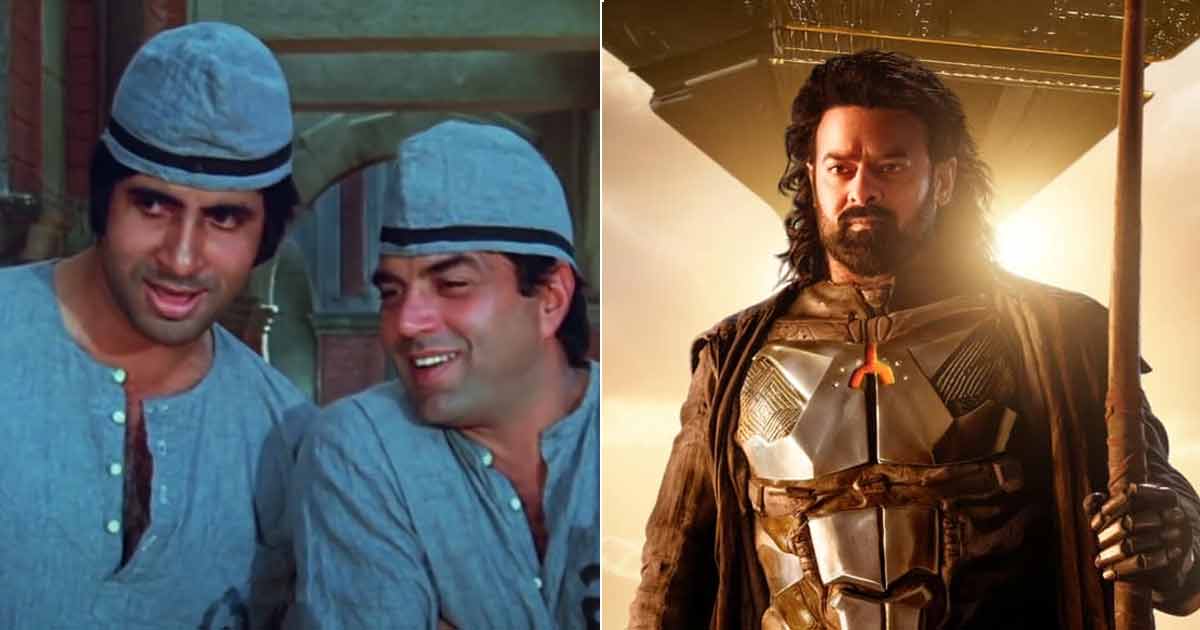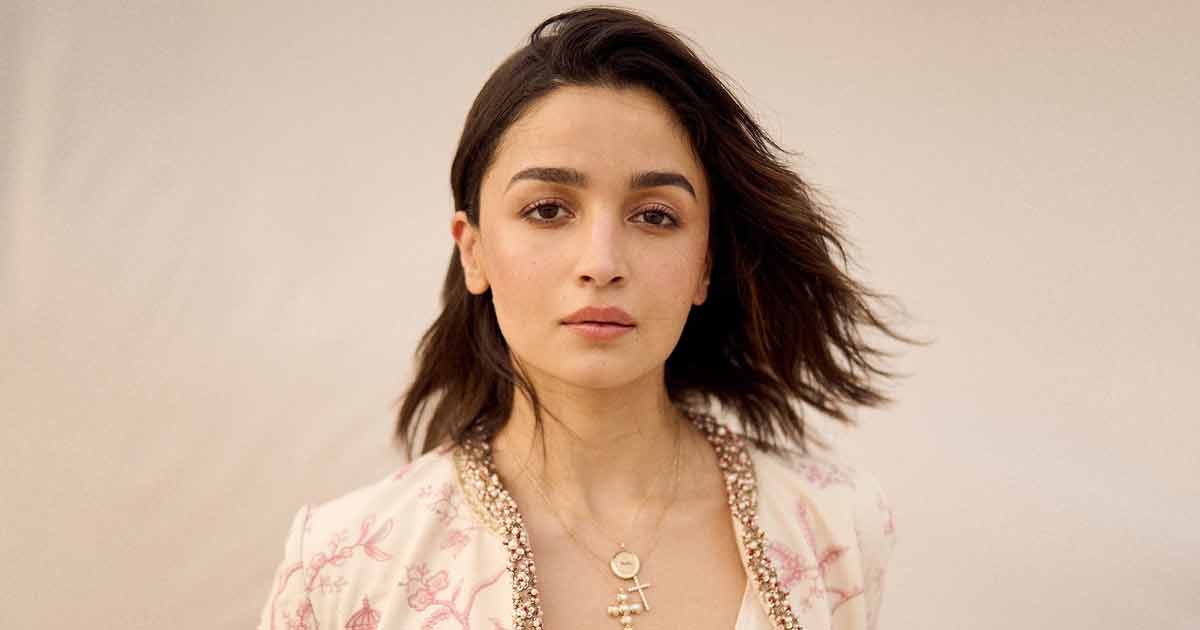
Indian cinema has always been a reflection of its times, evolving with new trends, technologies, and storytelling techniques. What started as a modest industry with small-scale productions has now transformed into a global powerhouse, producing films that rival Hollywood in scale and ambition. Over the decades, the rise of multiplexes, international markets, and digital advancements has pushed filmmakers to invest more in the cinematic experiences.
In the early days, films were made with a few lakhs, but as technology, production quality, and audience expectations evolved, so did the investments. What was once considered an extravagant budget has become the norm, as filmmakers push boundaries to create larger-than-life cinematic experiences. Some of these films have rewritten history, not just in terms of their cost but also in the impact they left on Indian cinema.
The Evolution of India’s Most Expensive Films
In the early years, even a few lakhs were enough to make a film stand out in terms of budget. As Indian cinema matured, filmmakers began investing heavily in grand sets. One of the earliest examples was Mughal-e-Azam (1960), which took nearly a decade to complete and became one of the most visually stunning films of its time. In the 1970s, Sholay raised the bar for Bollywood action films, with its massive ₹3 crore budget making it the most expensive Indian film then.
Trending
The 1990s saw an increase in budgets as Bollywood embraced lavish productions and international filming locations. Movies like Trimurti, Indian, and Jeans took production costs to new heights. However, it was in the 2000s and beyond that Indian cinema saw an unprecedented rise in expenses, with heavy use of CGI and large-scale battle sequences. Films like Enthiran, Ra.One, and Baahubali set new records, proving that high-budget filmmaking was here to stay.
In recent years, the industry has witnessed a shift towards VFX-heavy, visually ambitious projects. 2.0, RRR, and Kalki 2898 AD have taken the title of India’s costliest films, proving that the hunger for spectacle-driven cinema is stronger than ever.
Most Expensive Indian Films Over the Years
Kalki 2898 AD (2024) – ₹600 crore
RRR (2022) – ₹550 crore
2.0 (2018) – ₹400–₹600 crore
Baahubali 2: The Conclusion (2017) – ₹250 crore
Baahubali: The Beginning (2015) – ₹180 crore
Dhoom 3 (2013) – ₹175 crore
Ra.One (2011) – ₹150 crore
Enthiran (2010) – ₹132 crore
My Name Is Khan (2010) – ₹85 crore
Blue (2009) – ₹80 crore
Ghajini (2008) – ₹65 crore
Dasavathaaram (2008) – ₹60 crore
Sivaji: The Boss (2007) – ₹60 crore
Taj Mahal: An Eternal Love Story (2005) – ₹50 crore
Devdas (2002) – ₹50 crore
Kabhi Khushi Kabhie Gham… (2001) – ₹40 crore
Lagaan (2001) – ₹25 crore
Raju Chacha (2000) – ₹25 crore
Jeans (1998) – ₹20 crore
Indian (1996) – ₹15 crore
Trimurti (1995) – ₹11 crore
Shanti Kranti (1991) – ₹10 crore
Ajooba (1991) – ₹8 crore
Razia Sultan (1983) – ₹7 crore
Shaan (1980) – ₹6 crore
Sholay (1975) – ₹3 crore
Mughal-e-Azam (1960) – ₹1.5 crore
Mother India (1957) – ₹60 lakh
Jhansi Ki Rani (1953) – ₹60 lakh
Aan (1952) – ₹35 lakh
Chandralekha (1948) – ₹30 lakh
Kismet (1943) – ₹2 lakh
Sati Savitri (1933) – ₹75000
Advertisement
For more such updates, check out Bollywood News!
Follow Us: Facebook | Instagram | Twitter | Youtube | Google News















